Julie Wendt, MS, CNS, LDN | Mar 22, 2021
Unknown Heroes Of Immune Health

Nutritional supplements that support immune health are being talked about a lot lately – particularly vitamin C, vitamin D, and zinc. But other nutrients also play an important role in supporting immune health.
Let’s look at five of them that might not have hit your radar screen for immune support:
1. Protein
Protein is among the most important nutrients for healthy immune function because we need the amino acids that we get from protein to make antibodies. So if you don’t have adequate protein, then it can be difficult to mount a healthy immune response. Amino acids are also essential to the production and activation of many immune cells, including lymphocytes, natural killer (NK) cells, and macrophages.1 Some specific amino acids, like arginine, glutamine, and cysteine, are needed in higher amounts for wound healing and in times when your immune system is stressed.2




2. Iron
Many individuals think iron isn’t good for immune health because they have heard the body naturally sequesters iron (takes iron out of circulation) during an active infection. Although this is true, the whole story is much more complex. If you don’t have adequate iron, then your body can’t make important immune cells, such as T lymphocytes.3 Other immune cells, like neutrophils, require iron to function normally. So if your iron level is too low, then your immune system might not work as well when you need it.


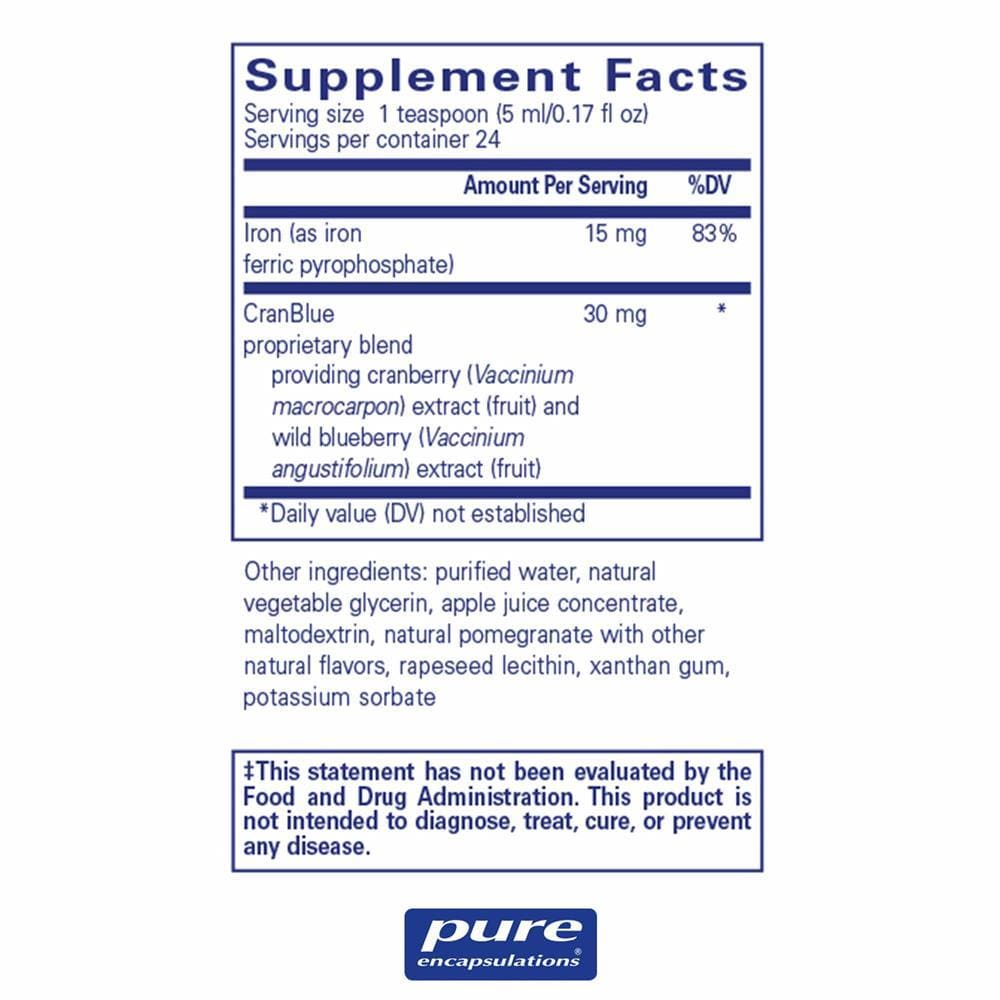
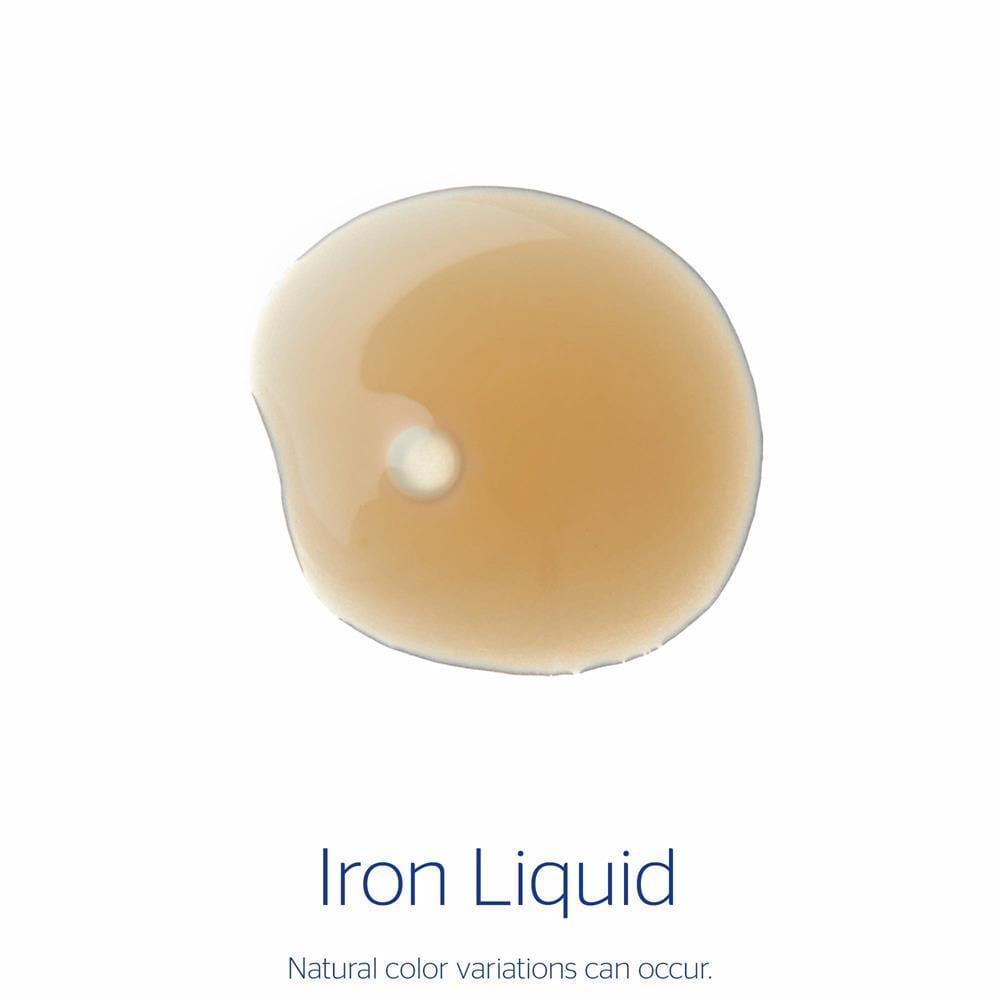
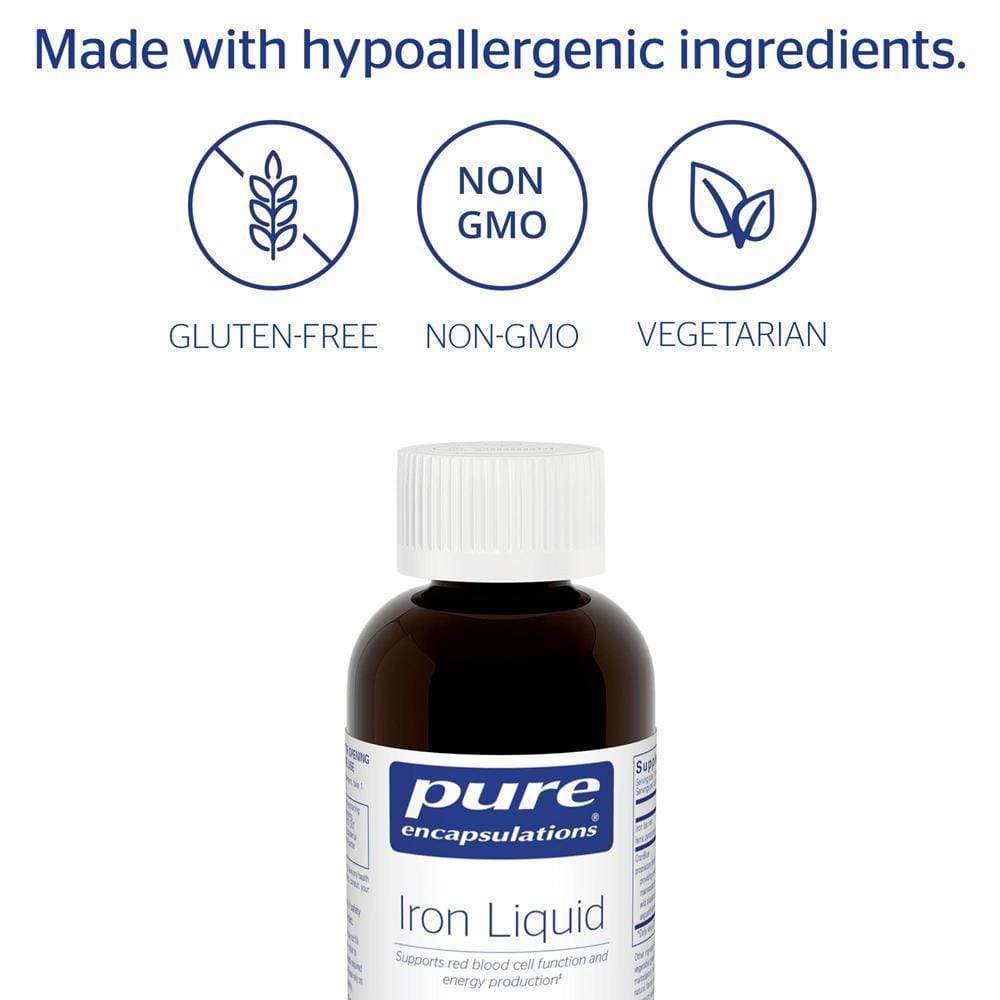


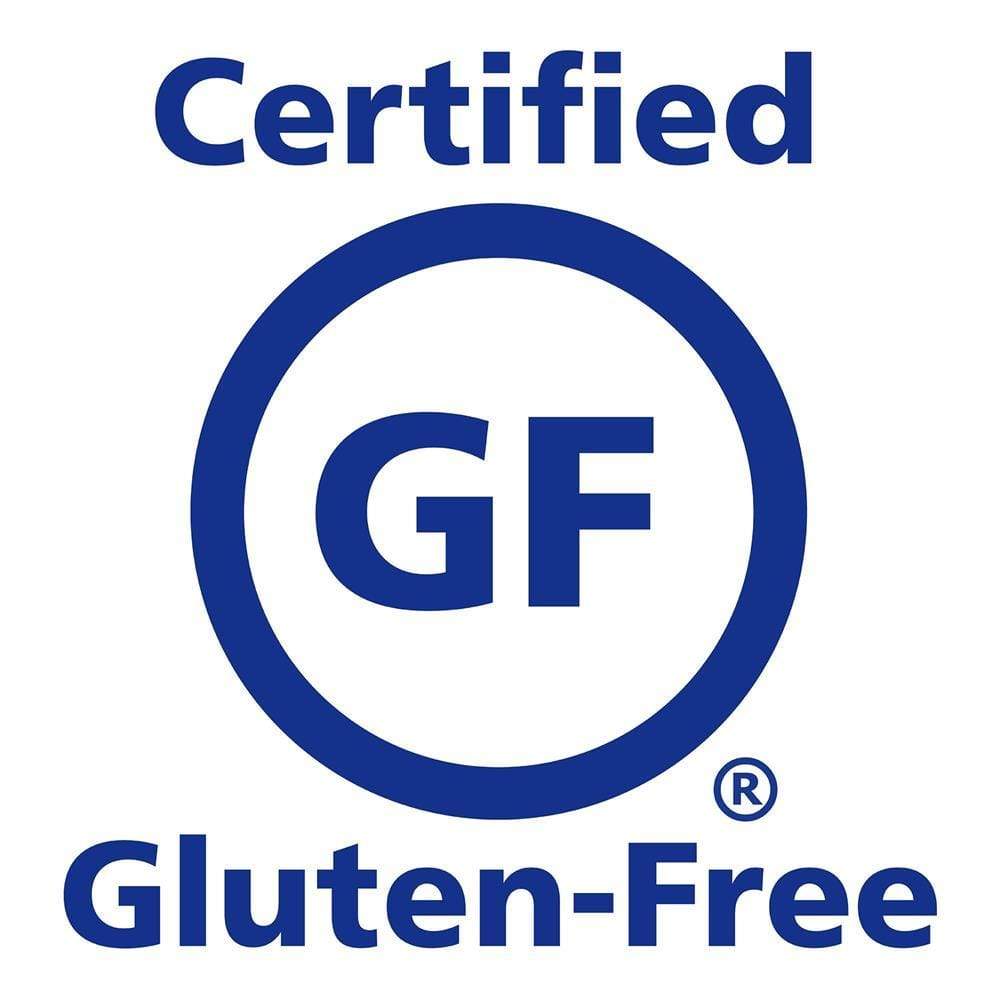


Pure Encapsulations Iron liquid -- 120 mL
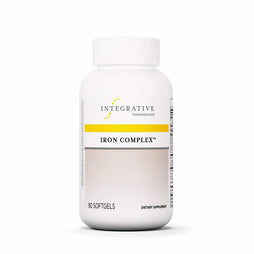
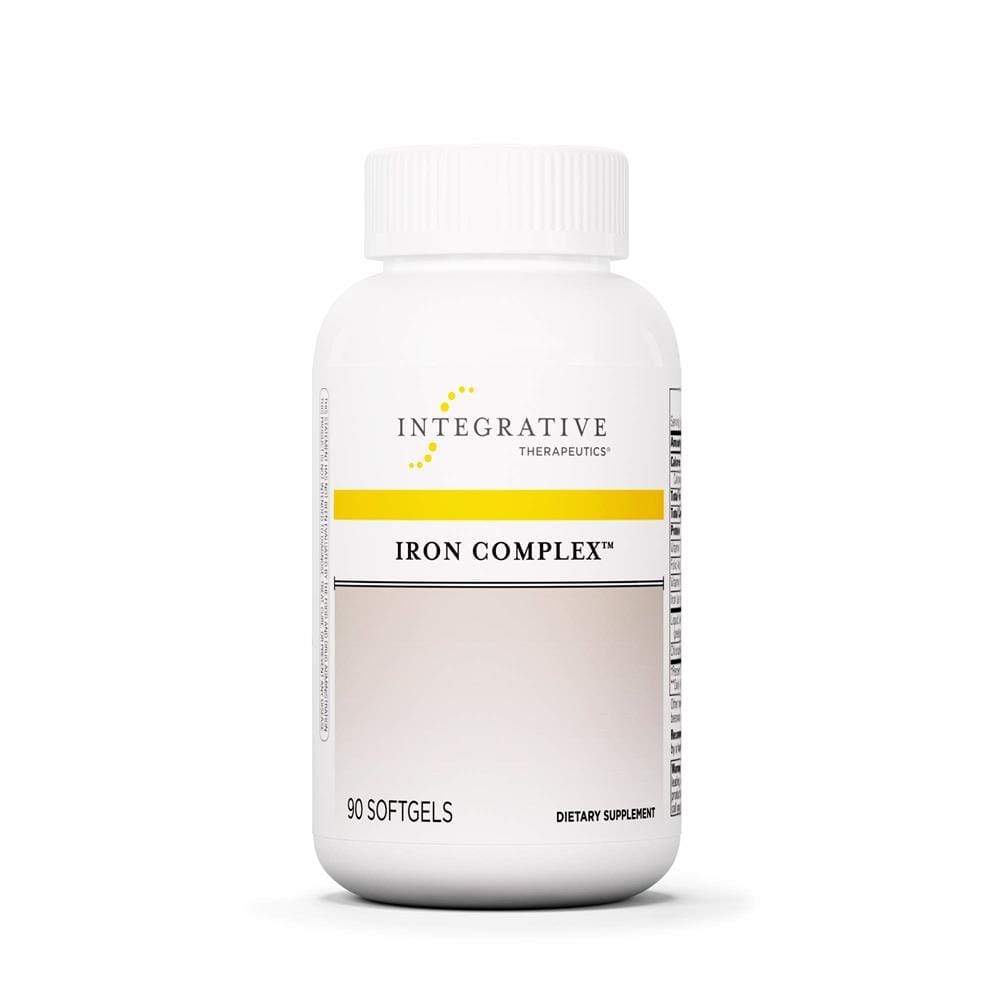
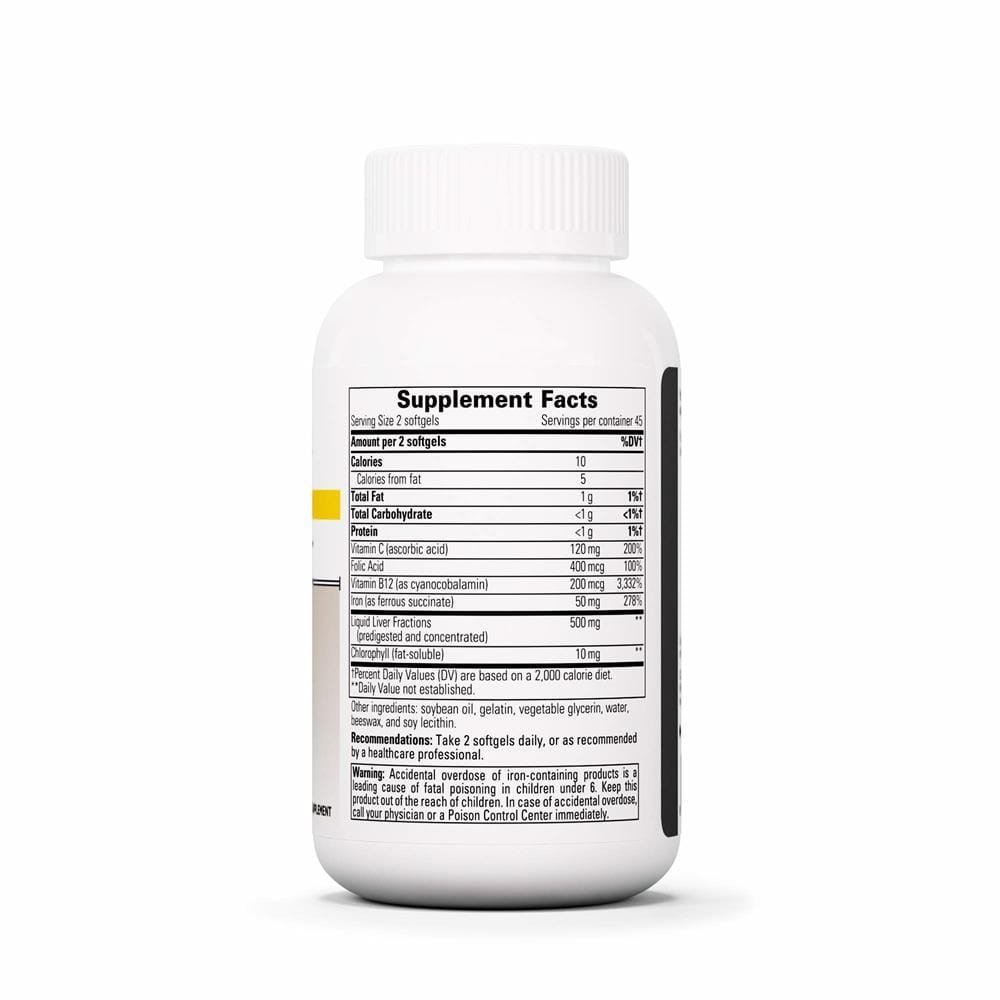
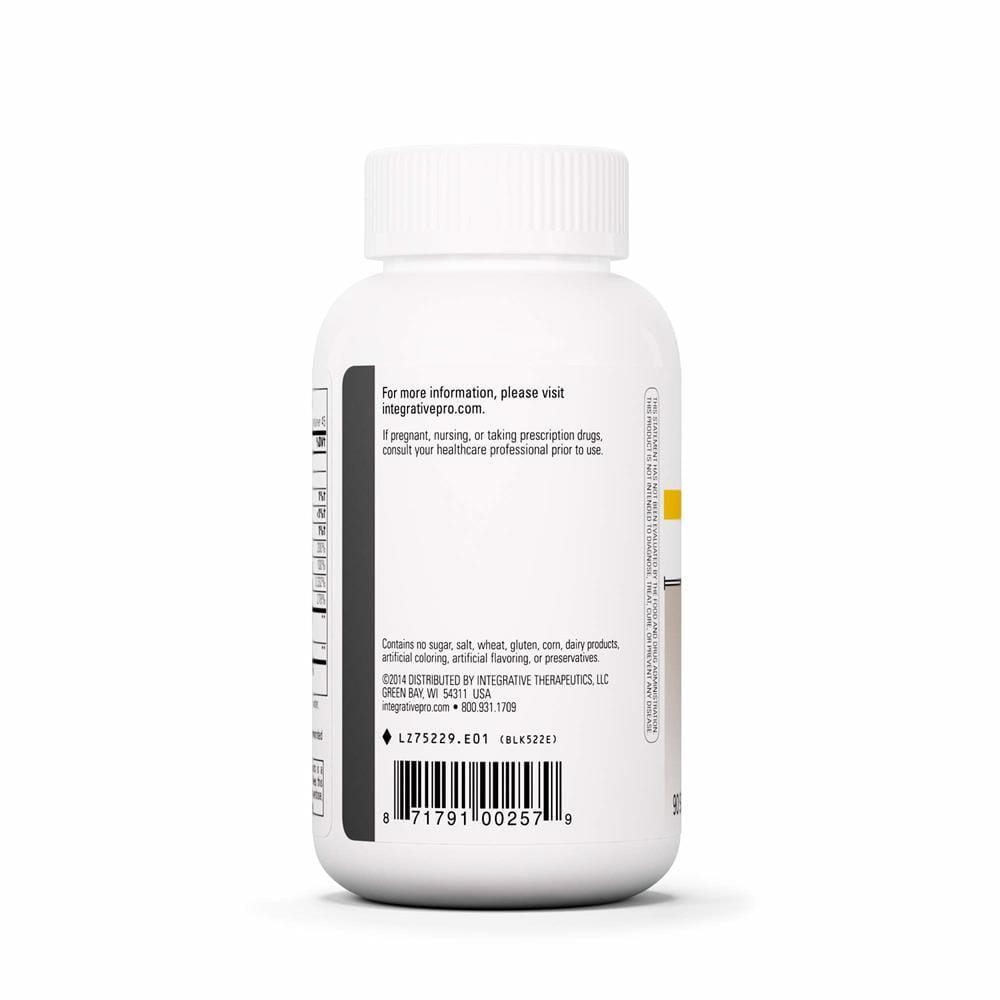




Integrative Therapeutics Iron Complex 50 mg -- 90 Softgels

3. Copper
If your copper level is inadequate, then your body can’t make an adequate number of the important immune cell, the neutrophil, which is one of the first cell types to respond to an infection.4 Copper also plays a central role in the body’s production of an antioxidant that is most active in red blood cells and in the lungs.




4. Vitamin B6
Vitamin B6 is important for many aspects of normal immune health. If its level is low, then some immune cells might not mature properly and antibody production can be impaired.5 Research indicates this is a greater risk as we age or in certain health conditions like rheumatoid arthritis.






5. Melatonin
When you think of melatonin, you probably think about sleep. Melatonin also has a powerful influence on immune function – which helps explain why getting good sleep is so important for your health. Melatonin serves so many functions in immune health that it’s hard to list them all. It’s important for producing immune cells called macrophages and Natural Killer cells and supports innate immunity (our first line of defense against any kind of infection we encounter). Although you can supplement melatonin, getting restful sleep is the most important thing for maintaining a normal level.






If you are interested in more professional guidance to your meal planning, schedule a consultation with our licensed nutritionist, Julie Wendt, MS, CNS, LDN
Schedule ConsultationReferences
1. Li P, Yin Y-L, Li D, et al. Amino acids and immune function. Br J Nutr 2007;98(2):237-252. doi:10.1017/S000711450769936X
2. Grimm H, Kraus A. Immunonutrition – supplementary amino acids and fatty acids ameliorate immune deficiency in critically ill patients. Langenbecks Arch Surg 2001;386(5):369-376. doi:10.1007/s004230100241
3. Ward R, Crichton R, Taylor D, et al. Iron and the immune system. J Neural Transm Vienna Austria 1996 2010;118:315-328. doi:10.1007/s00702-010-0479-3
4. Percival S. Copper and immunity. Am J Clin Nutr 1998;67(5):1064S-1068S. doi:10.1093/ajcn/67.5.1064S
5. Rail L, Meydani S. Vitamin B6 and immune competence. Nutr Rev 1993;51(8):217-225. doi:10.1111/j.1753-4887.1993.tb03109.
